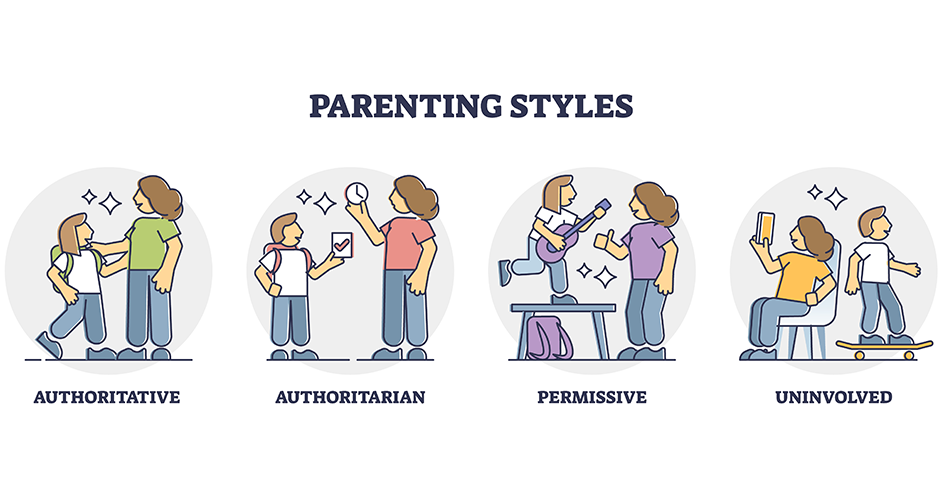Discover the transformative power of early intervention for children with autism as we delve into its remarkable benefits and impact on their lives. In this comprehensive guide, we’ll explore the crucial role early diagnosis and evidence-based treatment play in shaping a brighter future for children on the autism spectrum. Unveil the secrets to unlocking their full potential and promoting lifelong success through timely therapeutic support, personalized learning strategies, and enriching social experiences. Don’t miss this essential read to better understand the importance of early intervention for children with autism and how it can make all the difference in their journey towards a fulfilling and independent life.
Understanding the Key Benefits of Early Intervention in Autism Spectrum Disorder

Understanding the key benefits of early intervention in Autism Spectrum Disorder (ASD) is crucial for parents, caregivers, and educators. By implementing tailored strategies and support at a young age, children with autism can experience significant improvements in their cognitive, social, and communication skills. Early intervention programs have been shown to enhance brain development, reduce the severity of autism symptoms, and foster greater independence in daily life. Furthermore, these programs often lead to better long-term outcomes for both the child and their family. Emphasizing the importance of early intervention in ASD can raise awareness, encourage timely diagnoses, and ultimately contribute to a higher quality of life for those affected by this complex neurological condition.
The Crucial Role of Early Diagnosis and Treatment in Enhancing Communication Skills for Autistic Children
Early diagnosis and treatment play a pivotal role in enhancing communication skills for children with autism. By identifying autism spectrum disorder (ASD) at a young age, tailored interventions can be implemented to improve language, social, and cognitive abilities. These early interventions have a higher success rate in addressing communication challenges that autistic children may face. Emphasizing the importance of early diagnosis and treatment not only fosters better outcomes for the child but also helps in alleviating stress on families. As such, prioritizing early intervention strategies is essential to ensure optimal developmental progress and overall well-being for children with autism.
Exploring the Impact of Tailored Early Intervention Programs on the Social Development of Children with Autism
Early intervention programs, specifically tailored to suit the unique needs of children with autism, have proven to be highly beneficial in fostering their social development. These customized approaches target key areas of social skills, communication, and emotional regulation, ultimately helping children establish meaningful connections with their peers and the world around them. By incorporating evidence-based strategies and therapies, such as Applied Behavior Analysis (ABA) and Social Skills Training, these specialized programs enable children with autism to overcome challenges and gain confidence in social settings. In turn, enhancing their overall quality of life and setting the foundation for future success. Investing in early intervention is crucial as it maximizes the potential for positive outcomes, paving the way for a more inclusive and supportive society.
The Long-Term Effects of Early Intervention Strategies on Academic Success for Autistic Students
![]()
Early intervention strategies for children with autism play a crucial role in shaping their academic success in the long run. Implementing tailored educational approaches and support systems at a young age can significantly improve cognitive, communication, and social skills, which are essential for academic achievement. By addressing the unique needs and challenges of autistic students through personalized teaching methods, we can foster a positive learning environment that promotes self-confidence and cognitive growth. Ultimately, early intervention paves the way for unlocking their full potential, ensuring that they can thrive academically and lead fulfilling lives.
Addressing the Emotional and Behavioral Challenges in Autism: The Significance of Early Support and Intervention
Addressing the emotional and behavioral challenges in autism is crucial for a child’s overall development, and early support and intervention play a significant role in mitigating these issues. By implementing effective strategies and tailored therapies during a child’s formative years, parents, caregivers, and educators can foster positive behavioral patterns, enhance emotional regulation, and improve social skills. Early intervention not only promotes a better quality of life for children with autism, but also maximizes their potential to lead independent and fulfilling lives. Emphasizing the importance of early support and intervention can greatly improve the long-term outcomes for individuals with autism spectrum disorder.



